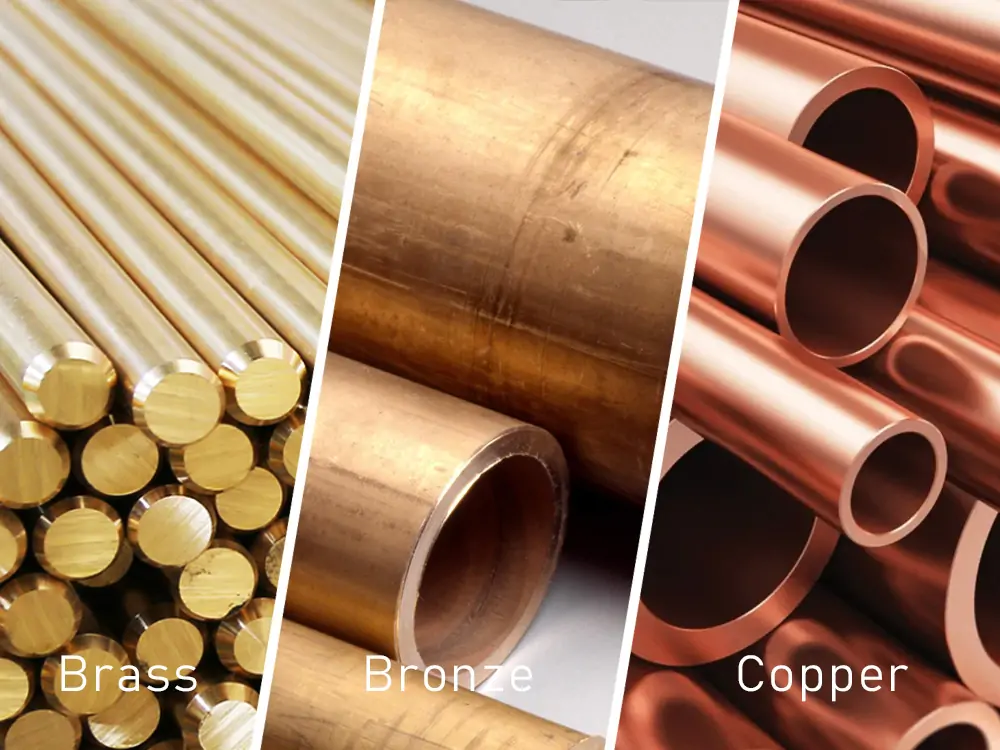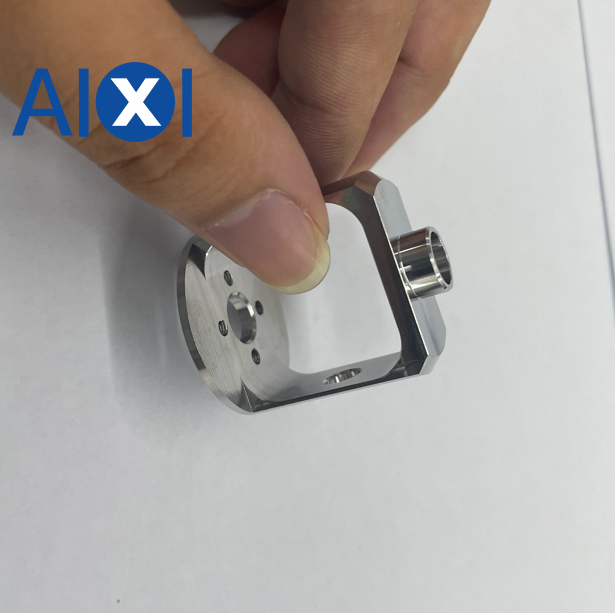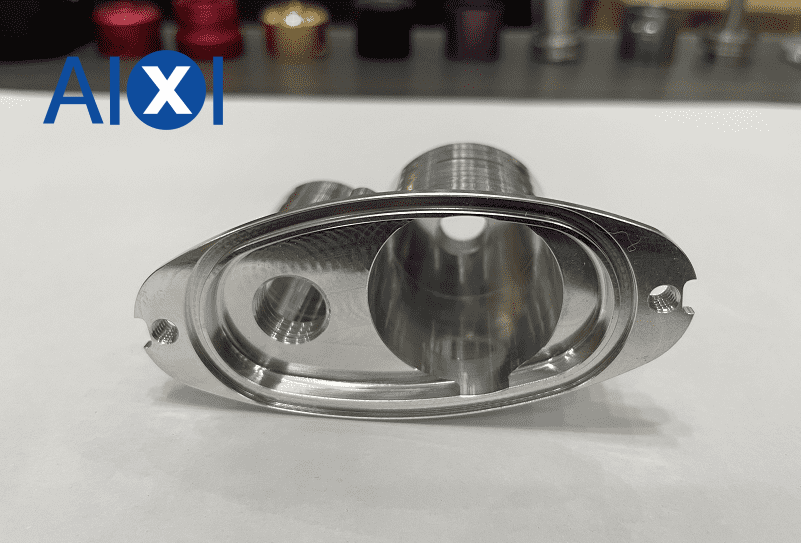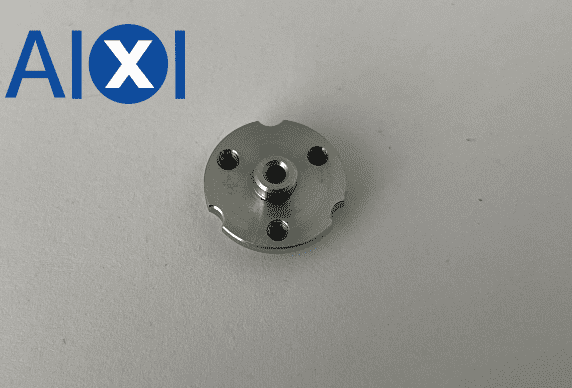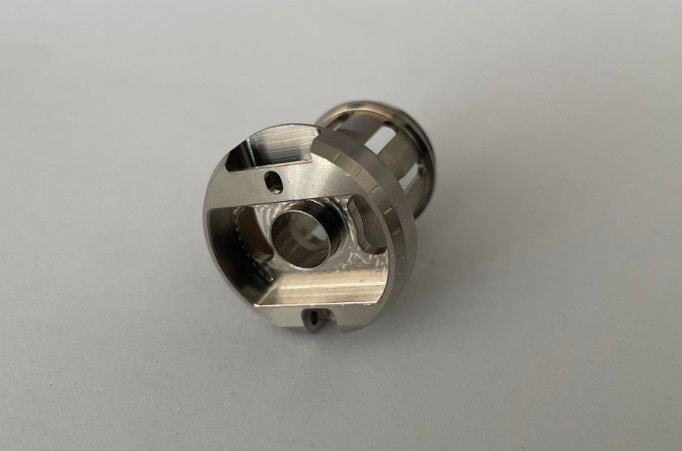You may have familiarity with many metals. One of them is brass. Brass is a commonly known metal used worldwide. But do you know there are two main types of this metal? Those include red and yellow brass. There are differences between these two types. Their distinctions ignite a comparison of red brass Vs yellow…
Category Archives: Material Knowledge
Aluminum, Brass, Copper, Bronze, Steel, Stainless Steel, Magnesium, Titanium, Zinc, Derlin (POM), PC, PA, PP, ABS, PMMA, PPSU, PEEK, PEI, PVC, Teflon, PEHD, PTFE
Manufacturers use brass extensively in making musical instruments, but that’s not the only use of this metal alloy. It also helps manufacture different products. Despite its usability, no one knows about brass’s composition. I hear people asking: What is brass made of? Are you one of those who have no know-how of this material? …
Aluminum is a versatile element used in various industries. From aerospace to automobiles, this metal has a stronghold. But have you considered what helps manufacturers make complex shapes with aluminum? You bet it right—that’s aluminum CNC machining. CNC machining allows manufacturers to cut and shape aluminum with precision. As a result, they make complex…
Titanium is tenth in the list of most abundant elements present on earth. It is strong, lightweight, and, above all, corrosion-resistant. However, their magnetic behavior is not well understood. The lack of understanding raises a question: Is titanium magnetic? No, titanium is not magnetic and does stick to the magnet. Its paired electrons cancel…
Does the question: is brass magnetic often puzzling you? Or do you want to know how nonmagnetic brass is used in CNC machining? Here is the guide! Metals and their discovery have played a crucial role in mankind. Brass is a common metal discovered in 5000 BCE. It was produced as an experimental result…
The debate about brass vs bronze vs copper has been around for years. The apparent reason is that these metal titans make our lives possible in different ways. Life would be incomplete without any of those. From households to industrial-level products, these metals play pivotal roles in maintaining lives. However, these three metals differ…
17-4PH Executive standard: American ASTMS17400, ASTM A564 630, UNS630 17-4PH is a martensitic precipitation hardening stainless steel. In addition to directly obtaining martensitic structure after solid solution treatment, this steel is further strengthened by subsequent aging treatment-obtaining precipitation hardening phase (copper-containing phase). 17-4PH is a precipitated, hardened, martensitic stainless steel composed of copper, niobium/columbium. This…
Is Aluminum A Common Prototyping Material? If you’re a product designer, you’re probably wondering, “Is aluminum a common prototyping material?” If so, you’re not alone! Aluminum is often used for prototype manufacturing due to its outstanding qualities, including corrosion resistance and strength. This makes it a highly suitable choice for various projects, from pre-production prototypes…
45 steel 45 steel is the name in GB, also called “oil steel”, this steel has higher strength and better machinability. Material advantages: It has high strength and good machinability. After proper heat treatment, a certain degree of toughness, plasticity and wear resistance can be obtained. The material source is convenient. It is suitable for…
1. When stainless steel is processed, the workpiece and the tool generate high heat, and the tool is easy to wear. Therefore, there are certain requirements for the knife, which must be wear-resistant and high-temperature resistant. At the same time, make the cutting edge sharp and choose a reasonable angle. 2. The speed is slow,…

 Deutsch
Deutsch Français
Français 日本語
日本語 Español
Español





